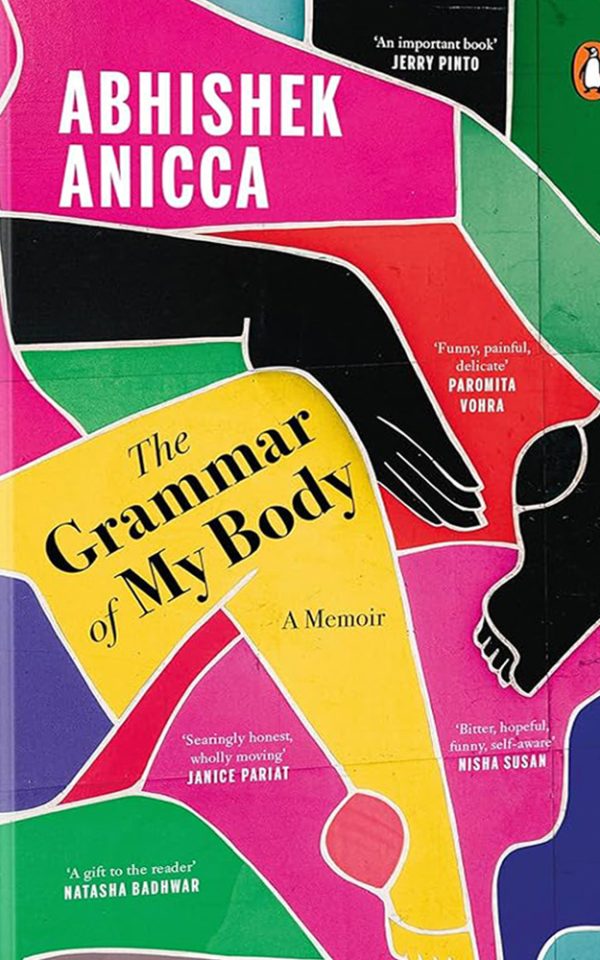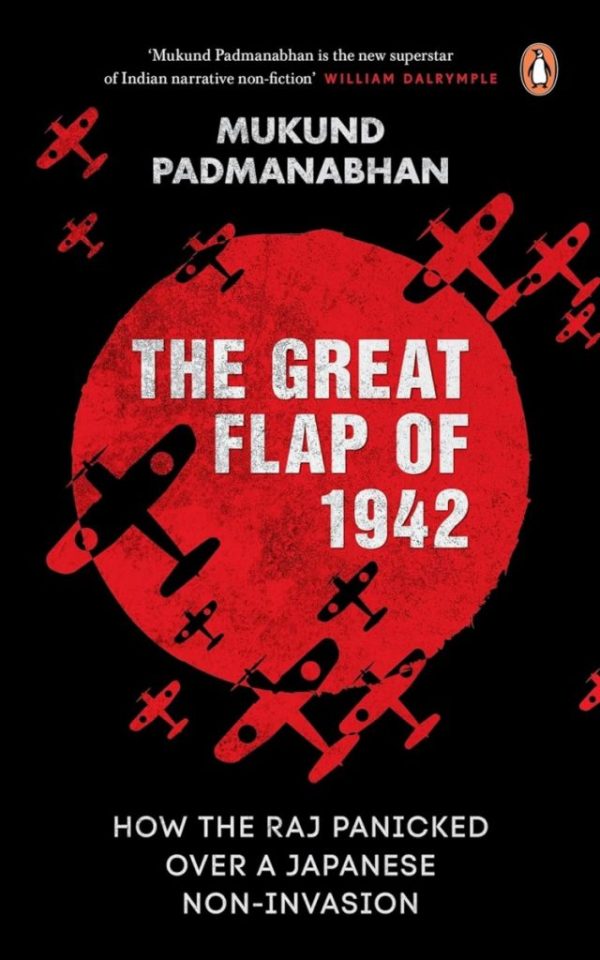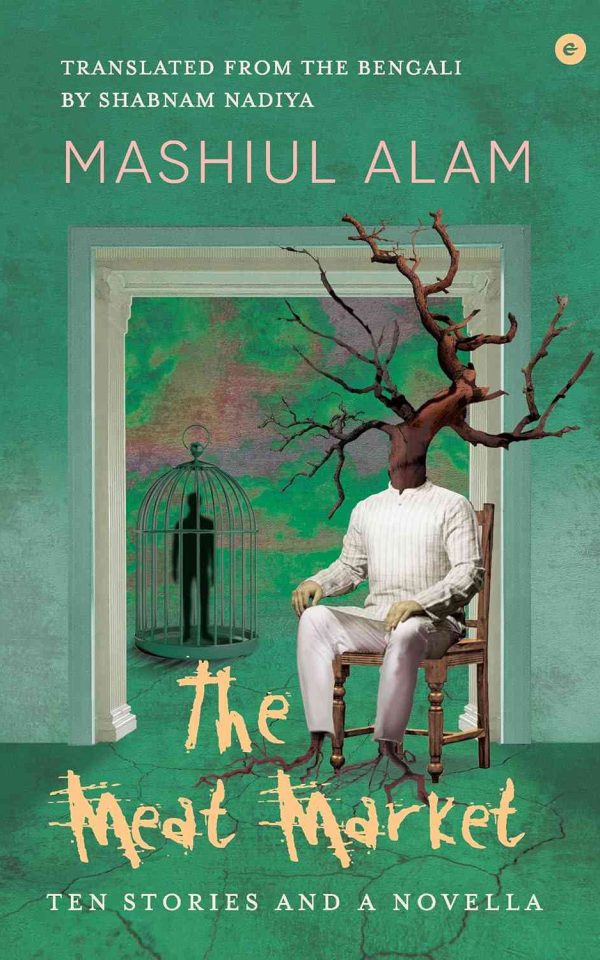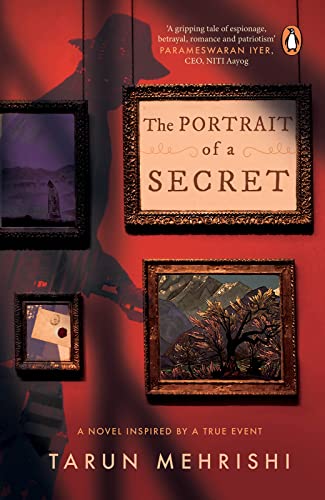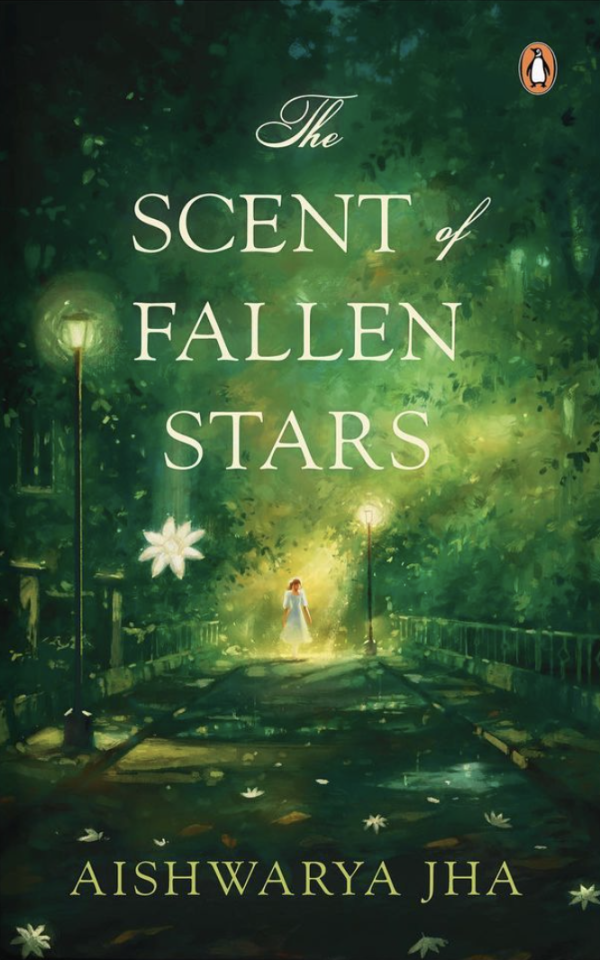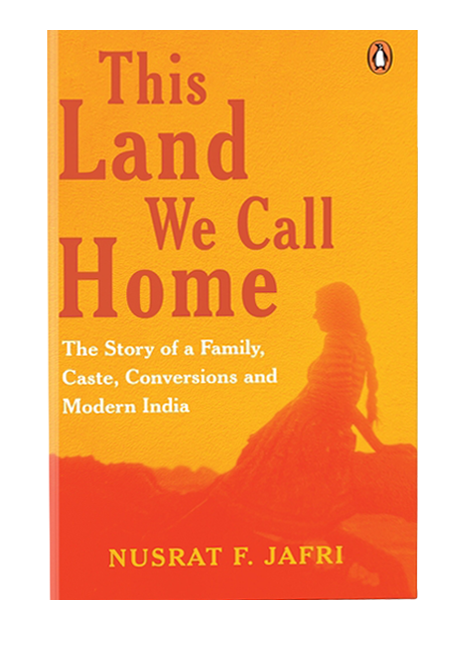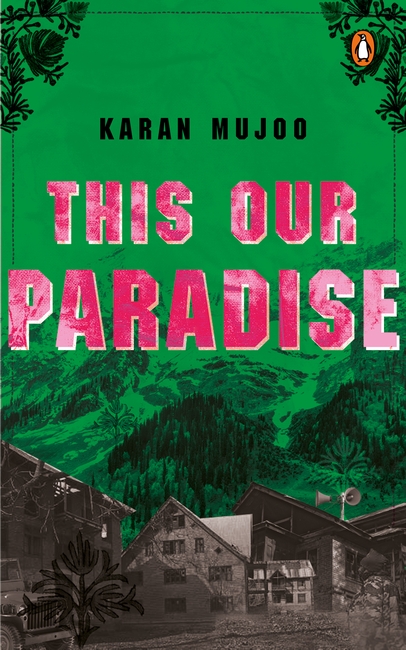The Grammar of My Body
Subverting an ableist India’s expectations from a disabled person to be ‘inspirational’ and an ‘underdog who made it’ despite their illness, Abhishek Anicca writes about everyday stories of living with disability and chronic illness in this memoir-in-essays.
With piercing mindfulness and radical vulnerability, Annica writes sparse and compelling essays on the self, questions of care and dignity, dating and navigating desire as a queer-disabled man, self-hatred, moving about with a crutch, chronic pain and shame, the chilling lack of representation in the media and reflections on nearing death. Conversational and informal, truthful and unflinching, Anicca’s wry and urgent essays in. The Grammar of My Body compel the reader to become at once distant from and proximate to their inner experiences.

